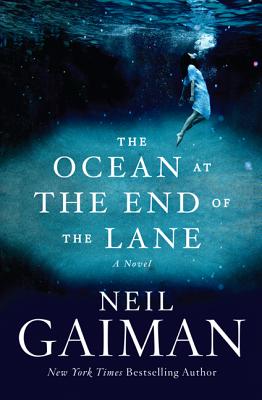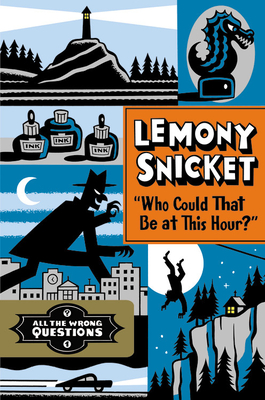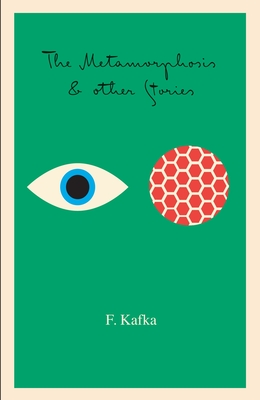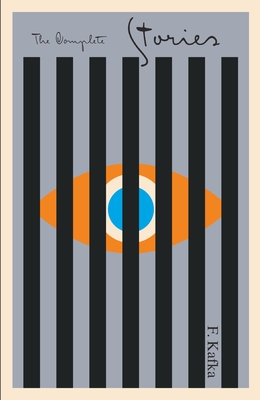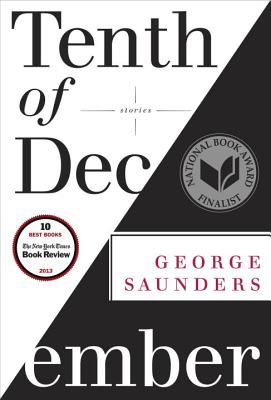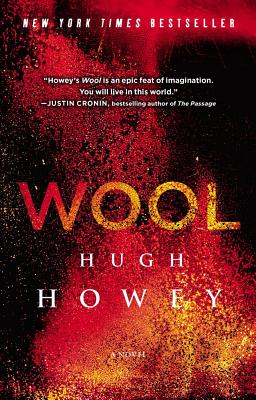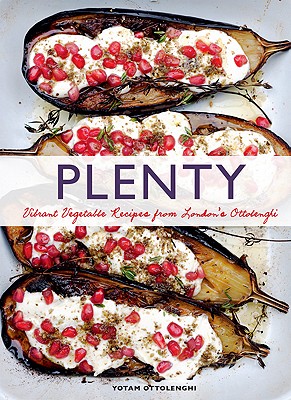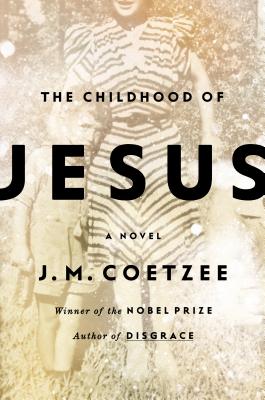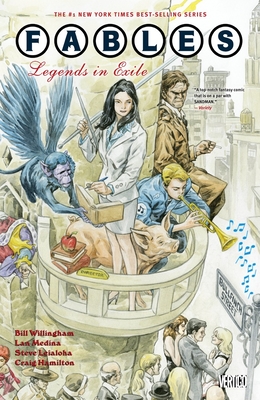 |
| ISBN-10: 0316281867 ISBN-13: 9780316281867 Published: Redhook, 06/25/2013 Pages: 336 Language: English |
Thankfully, from the evidence springing forth from writers and readers across the internet, Mr. Banks was well-loved both for his work and for his personality. The Guardian has been the source of many heartfelt tributes from writers such as Neil Gaiman, Ian Rankin, Irvine Welsh, and more. Mr. Gaiman concludes his with: "If you've never read any of his books, read one of his books. Then read another. Even the bad ones were good, and the good ones were astonishing." I couldn't agree more, especially after reading interviews and statements from his waning days (he was advised that he had terminal gall bladder cancer several months before his passing) that reveal him to have been as warm, witty, and intelligent in person as his books indicated.
Banks started out writing genre-bending books such as The Wasp Factory and Walking on Glass before delineating his career more sharply between mainstream fiction and science fiction, the latter of which he wrote under the name Iain M. Banks. Shamefully, I have read only his science fiction, but, as many others have affirmed, it was a genre he explored with passion and departs leaving a firm stamp upon its history. Known for his "mordant wit," Banks was equally capable of astounding optimism, perhaps most typified by his creation of The Culture, a futuristic post-scarcity utopia that serves as a through-line for much of his science fiction. If you can't stomach sci-fi, then his latest novel, The Quarry, published just weeks after his death, has come much-recommended. Eerily enough, the novel centers around a man dying of cancer, but was was started before Banks' diagnosis. Even so, the book was partially written while Banks was under a death sentence, and the I feel sure the similarities to his own situation must provide an added resonance to the book.
On first reading his work, I was struck by his phenomenal imagination and ambition, as well as his willingness to explore both the best and the worst in human beings. I will miss this particular talent as well as the man who employed it, even if I only knew him through the worlds he created. I will leave you with this quote from his final interview, which I think both aptly describes his design philosophy and how his legions of admirers must be feeling right now:
"Well," he says, "if you are going to write what a friend of a friend once called 'Made up space shit', then if it's going to have any ring of truth that means sometimes some of the horrible characters get to live, and for there to be any sense of jeopardy, especially in future novels, the good people have to die. Sometimes."


